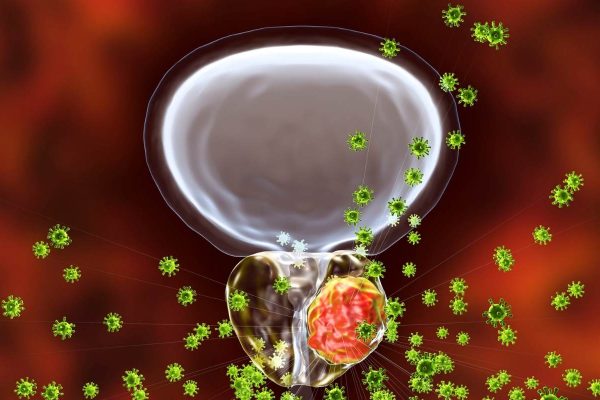- drranajitk@gmail.com
- 0 Comments
One of the common cancers in men worldwide, prostate cancer is cancer that grows in the prostate gland, found in the male reproductive system below the bladder. Though it grows slower than other cancers, however, can spread to other parts of the body too. Knowing its risk factors, symptoms etc can help in early detection and timely treatment, thus promoting improved outcomes.


Several Risk Factors are likely known to increase the development of prostate cancer in men, like:
- Age: Men above 50 are likely to have a higher risk of prostate cancer.
- A family history of prostate cancer plays a crucial role, as it can raise the risk.
- Certain Genetic mutations like BRCA1 or BRCA 2 have also been linked to a higher risk.
- Obesity has been sometimes seen to aggravate prostate cancers in obese people.
- People with regular or higher intake of red meat, processed foods and lesser intake of fruits and veggies can also see an increased risk of prostate cancer.
Prostate cancer, may not show early noticeable signs, however, with time, they may pop up like:
- Frequent urination mostly at night
- Difficulty in starting or stopping urination and painful urination
- Weak or interrupted urine flow
- Blood in urine and semen
- Unexplained weightloss
- Pain in lower back or pelvis
WIth prostate cancer, early detection plays a significant role, and can help in managing it effectively. Certain screening methods may help in early detection, like:
- PSA (Prostate-Specific Antigen) Test is a blood test that measures PSA levels that normally elevates in men with prostate cancer.
- DRE or digital rectal exam is when a doctor physically examines your prostate for abnormalities.
- If your doctor finds abnormalities in your screening, he/she may suggest a biopsy to confirm the diagnosis.
Remember, regular check ups including screenings, and tests can help reduce the risk of prostate cancer and can help in taking informed decisions. If you are experiencing any difficulties noted above, kindly visit Dr. Ranajit Kar, or call him at (+91) 7894 663 635.
